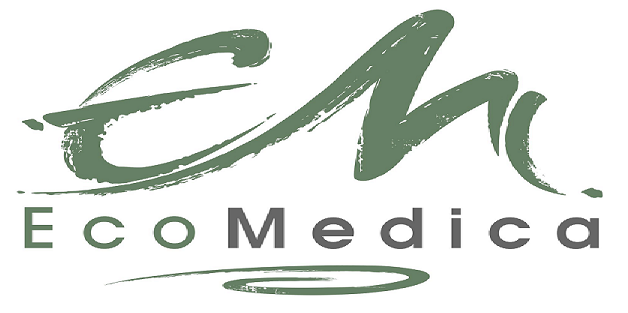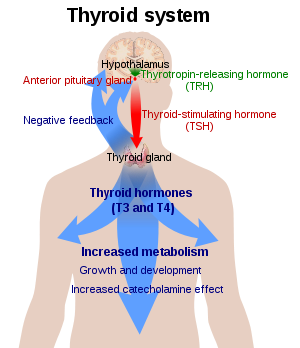Thyroid Hormone Replacement
Hypothyroidism is a condition we see not only in aging adults, but also in patients with chronic infection, and especially those with Lyme Disease and co-infections. Hypothyroidism is characterized by the decreased production of either T3 (20%) made in many tissues, or T4 (80%) made in the thyroid gland. Here are a few symptoms that both can result in:
- Fatigue
- Weight Gain
- Cold hands and feet
- Coarse hair
- Constipation
- Dizziness
- Decreased memory
- Depression
- Headaches
- Inability to concentrate
- Increased appetite
- Cold Intolerance
- Iron deficiency anemia
- Menstrual irregularities
- Loss or thinning of hair and eyelashes
- Thinning of eyebrows
- Low blood pressure
- Muscle cramps and weakness
- Puffy face
- Rough and dry skin
- Reduced heart rate
- PMS
- Nutritional deficiencies
Fortunately, with the correct blood tests and proper evaluation, hypothyroidism can be treated very successfully with Armour Thyroid, Naturthroid, compounded T3/T4, extended-release T3, and if necessary, Cytomel and levothyroxine.
Foods that suppress thyroid hormone production include:
- Broccoli
- Brussel sprouts
- Cabbage
- Cauliflower
- Kale
- Leafy green vegetables
- Peaches
- Pears

Additionally, selenium and iodine are required for optimal thyroid function and are easily supplemented. However, care should be taken with both nutrients to prevent excessive intake, as this also can cause hormonal imbalance.
Foods that are rich in iodine include:
- Beef
- Butter
- Cheese (cheddar and cottage)
- Clams
- Eggs
- Haddock
- Halibut
- Lamb
- Milk
- Oysters
- Pork
- Raisins
- Salmon
- Sardines
- Spinach
- Tuna
Careful balancing of T3 and T4 with lifestyle and dietary modifications will yield a greater sense of well-being and aid in proper metabolism, hormonal and immune function; which all contribute to expedited healing from infections.
The thyroid gland is particularly vulnerable to the effects of chronic infection and autoimmune conditions such as Hashimoto’s Thyroiditis (hypothyroidism) and Grave’s Disease (hyperthyroidism) can arise.
Grave’s Disease (also known as toxic diffuse goiter), characterized by the overproduction of thyroid hormone due to destruction by the autoimmune process. Symptoms of Hyperthyroidism include:
- Chest pain
- Excess sweating
- Racing Heart
- Heat Intolerance
- Anxiety
- Increased Bowel movements
- Muscle Weakness
- Puffiness around eyes
- Warm, moist skin
- Weight Loss
- Insomnia
Mild hyperthyroidism can be treated with the amino acid, carnitine at 3-4,000mg/day.
Overall, all of the above conditions require a qualified doctor’s management skills. Proper thyroid hormone balance can make a significant difference in the quality of life for most patients and can contribute to the maintenance of optimal health.



